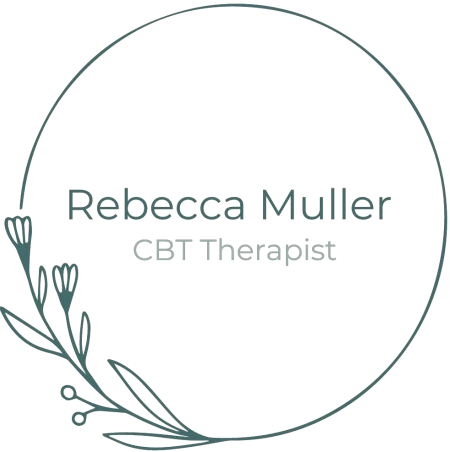When it comes to healing from trauma, traditional talking therapy approaches may not always be enough. That's where Eye Movement Desensitisation and Reprocessing (EMDR) comes in. EMDR is a therapeutic technique that has gained recognition for its effectiveness in treating trauma-related disorders. In this blog, we will explore what EMDR is and how it can help individuals on their journey to recovery.
EMDR was developed in the late 1980s by psychologist Dr. Francine Shapiro. It is based on the idea that traumatic experiences can get "stuck" in our memory networks, leading to distressing symptoms and negative beliefs about ourselves. EMDR works by targeting these memories and reprocessing them, allowing for resolution and the alleviation of associated symptoms.
So, how does EMDR work?
There are many different theories and no one really knows how for certain, however during an EMDR session, the therapist guides the client through a series of bilateral stimulation techniques. This typically involves the client's eye movements following the therapist's finger back and forth, but other forms of bilateral stimulation like taps or sounds can also be used. These bilateral movements mimic the rapid eye movements that occur during the REM (Rapid Eye Movement) phase of sleep, which is believed to be connected to memory processing.
Through the bilateral stimulation, EMDR helps the brain reprocess traumatic memories in a safe and controlled environment. This reprocessing allows for the integration of distressing memories with more adaptive and positive beliefs, reducing the emotional intensity and distress associated with the trauma.
EMDR has been extensively researched and has shown promising results in treating a range of trauma-related conditions, including post-traumatic stress disorder (PTSD), anxiety, depression, and phobias. It can also be helpful in addressing issues such as low self-esteem, relationship difficulties, and unresolved grief.
If you have experienced trauma and are considering EMDR as a treatment option, it's important to seek support from a trained and certified EMDR therapist. As a certified Cognitive Behavioural Therapist with a special interest in EMDR and trained by EMDRUK, I offer a safe and compassionate space for individuals seeking healing from trauma. With my expertise and guidance, you can embark on a transformative journey towards recovery and reclaiming your life.
Remember, healing from trauma is possible, and reaching out for support is an important step on that path. Don't let the weight of your experiences hold you back any longer. Take the courageous step towards healing and contact Rebecca Muller CBT today.
If you are seeking support from an experienced and professional CBT Psychotherapist, please do not hesitate to contact me today
